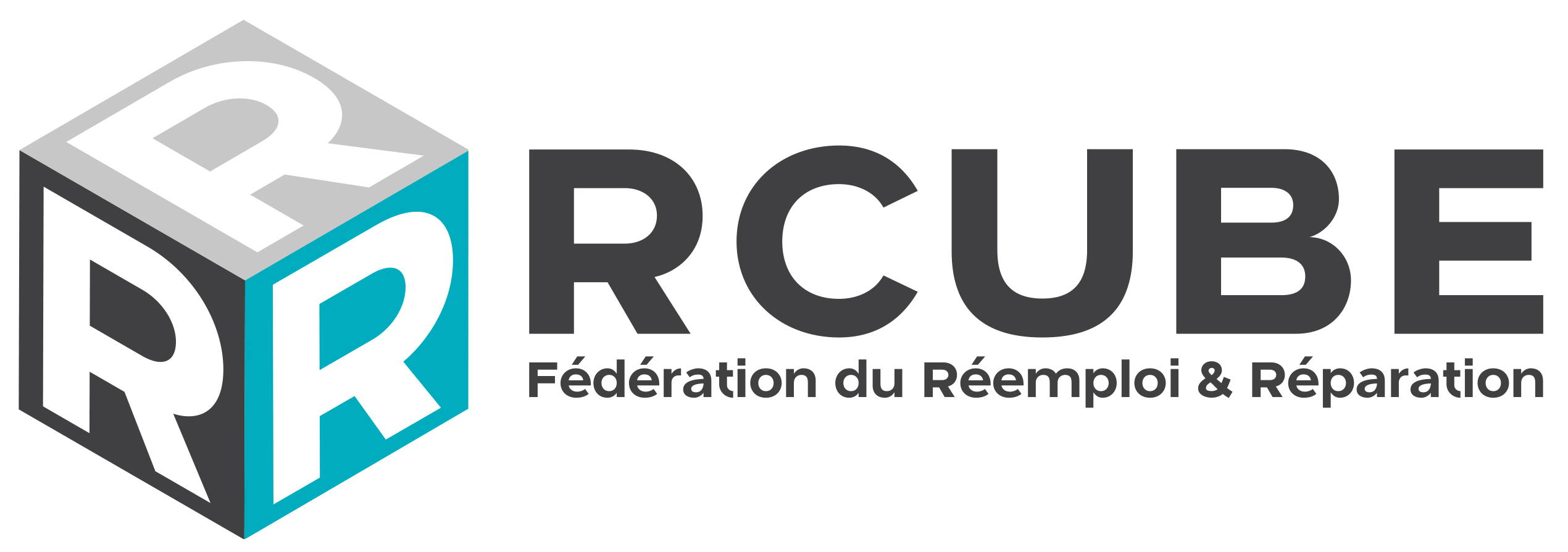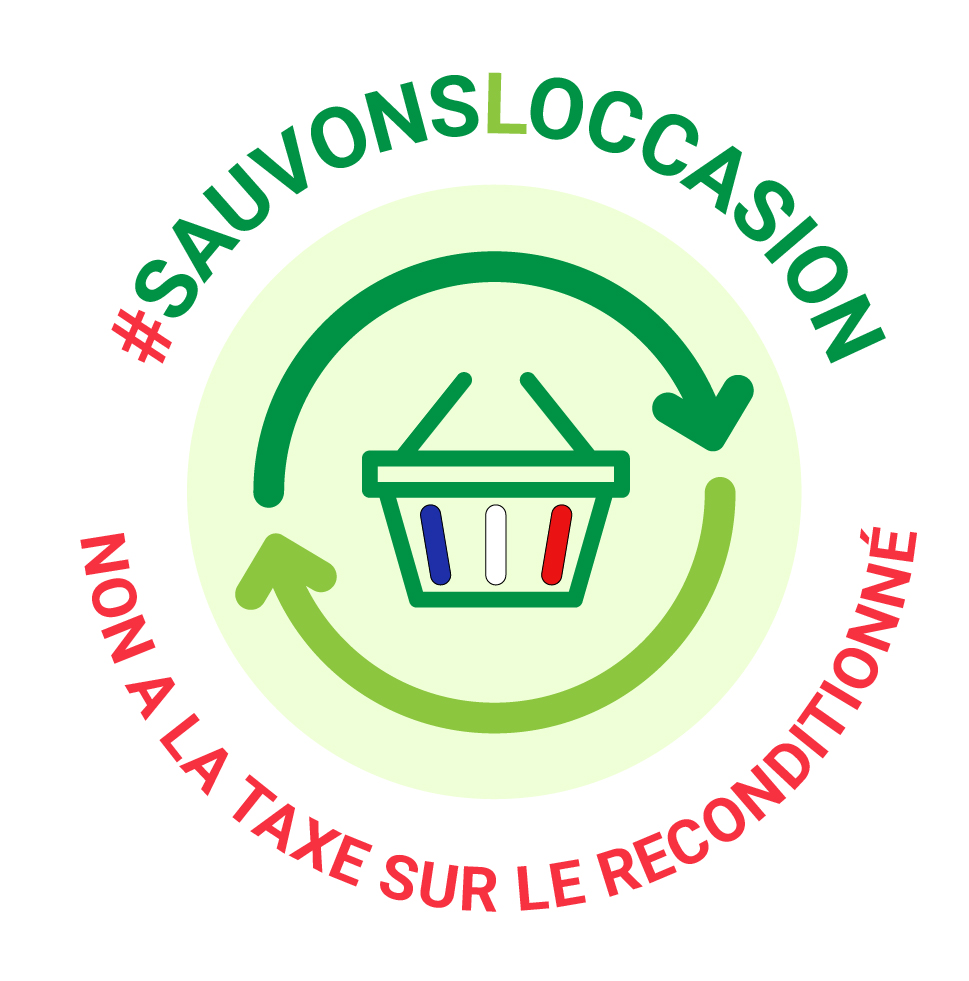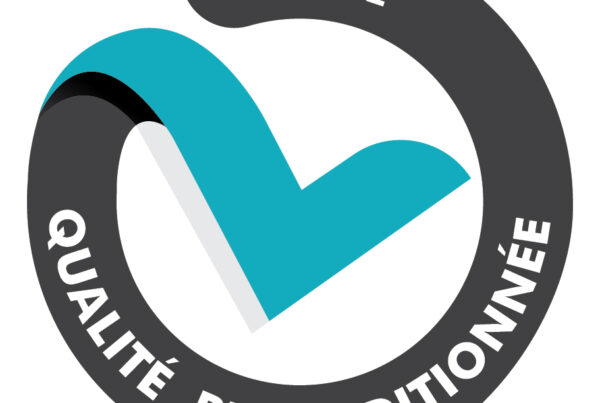PRESS RELEASE | REMUNERATION FOR PRIVATE COPYING : MANUFACTURERS ONCE AGAIN DENOUNCE THE STRUCTURAL IMBALANCE AFFECTING THE COMMISSION'S WORK
Following the meeting held on Friday October 6, the "industry" college, of which RCube is a member, of the Private copying Commission responsible for setting remuneration scales for Private copying (article L. 311-5 of the French Intellectual Property Code) regretted the persistence of unbalanced governance in favor of rights holders.
Despite the efforts made by the Chairman of the Commission to ensure balanced debates and his desire to pursue the work in a consensual manner, profound differences of approach between the different colleges remain. Rightsholders remain in a position to block any proposal to improve the Commission's operation, as illustrated by the results of the votes held at the plenary session on October 6, 2023.
Once again, we note the wholesale rejection by rightsholders of any method complementary to the usage studies carried out since 2012, despite proposals from manufacturers based on recognized work and in line with the recommendations of the IGAC-IGF mission. In particular, this mission pointed to "major internal dysfunctions" undermining the acceptability of the current system1.
Rightsholders' opposition in principle to a feasibility study on a terminal analysis system reflects their refusal to modernize. However, copying practices have evolved significantly, particularly in view of the development of legal subscription-based streaming offers for music and video. The aim of the proposed feasibility study was to compare the results of the current methodology with the actual content of terminals, and thus check the consistency of this method.
Rights holders know how to adapt to new uses when it's in their interest to do so: measures paving the way for cloud copies to be subject to taxation have been adopted. However, FFTélécoms, AFNUM and SECIMAVI each took it in turn to present, within very tight deadlines, the technical and legal issues surrounding the application of the Private copying system in this context, without the Commission being able to deal with them in depth.
Given the current governance rules, which do not ensure a balanced and equal representation of stakeholders, and whose malfunctions are well known, the result is once again that actions put to the vote are approved or rejected under the sole control of the entitled parties.
The French market is already an exception: Copie France has collected €295 million in royalties from Private copying in 2021, with France accounting for a third of the total amount paid in Europe. Such an imbalance destabilizes competition on terminal markets between Member States. It is bound to have a lasting impact on the relevance and acceptability of decisions relating to remuneration for Private copying. We urgently need to revamp this system, which is ill-adapted to the digital age and the circular economy.
1 https://www.culture.gouv.fr/Espace-documentation/Rapports/Rapport-du-Gouvernement-au-Parlement-sur-la-remuneration-pour-copie-privee-octobre-2022





